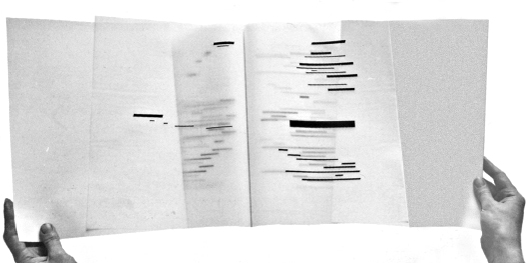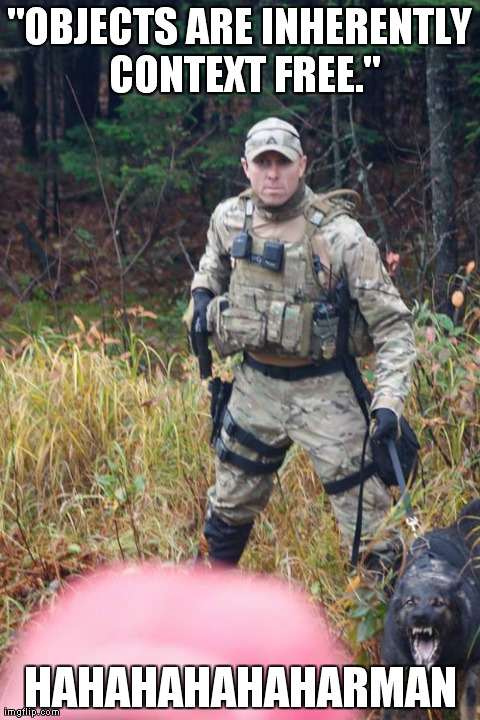Coat – A Fucked Up Bootcamp
Speaking of analog bootcamping: it’s what’s happening right now. See, I’ve been working on a new collection of poetry for a little while, and I’ve had a source text I’ve wanted to use for just as long. I’m not going to reveal what that is quite yet, but I will talk about the deformative methods I used for this project. Basically, my friend Rob-Joel (he lives in Winnipeg, is one of those nonacademic types, and we work together each summer back West) has been sending me piles of links to new age journalism and the like…crystal healing, homeopathy, conspiracy theories, etc. At the same time I spent all of last spring reading different translations of Stéphan Mallarmé’s poetry, and some of the more go-to critical evaluations thereof. Mallarmé is a unique figure in that he commands a kind of inescapable gravity, an aura that has forced countless philosophers (let alone poets like Marcel Broodthaers) to reconcile themselves with, and position themselves in relation to, his poetics. From Derrida to Kristeva to Badiou to Meillassoux to Sarte and Blanchot, it’s hard to see how the inheritances of multiple schools and generations of French thought, many of which are essential to the themes and readings we’ve encountered in Distant Reading, are dissociable from the way they have been articulated in the poems of a poet notoriously bad at finishing his poems.
Stepping back a bit, and if I can say that deformative art has to operate at sites of weakness in an assemblage (or else its effects would be instantly smoothed over by the well-oiled whole), the gap I wanted to explore does return to the object, and the questions about the object we’ve been raising throughout the class. On the one hand, the actor-network view of the object as an interface (Law, Latour); on the other hand, the speculative realist view of objects as mutually withdrawn (Harman, Bogost). Mallarmé himself is often described as influential for his treatment of the poem as a material severed from its immaterial communion with meaning – for him, and for us, the question is how we can come into contact with things. I wanted to treat the poem as a thing that I can never be sure if I am treating. This has something to do with the intuition that I think makes true deformation deformative (not that I want to say I’ve actually accomplished this): if teleological, instrumental, analytical savvy – knowledge – has anything to do with the act, there is no real deformation of the node of the object (ANT) or the black box of the object (SR), just a rearticulation with different ends. This elminates procedural writing just as much as any kind of guided translation, for example. The best way to write something like this would be to black out during the composition (the thing to be fucked up is us, not what we come in contact with).
Inspired by deception, stupidity, obscurantism and faux-depths more than mastery, intellect, revelation and faux-surfaces, and drawn to the contested nature of Mallarmé’s poetry (many people think of Un Coup De Des as the most philosophically ripe of his writings, but I personally see a lot more in the prose works), I therefore tried to generate some capital P-poetry. I’ve posted it below as a PDF:
There’s not much else I can say here. I hope you ______ it. Read it at a distance, if at all (is it moving away from you, or you from it?)


